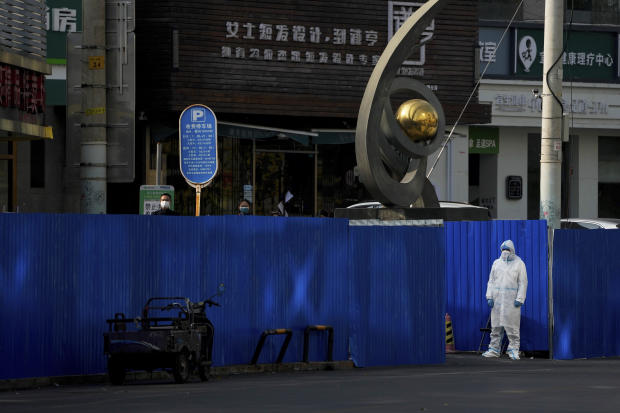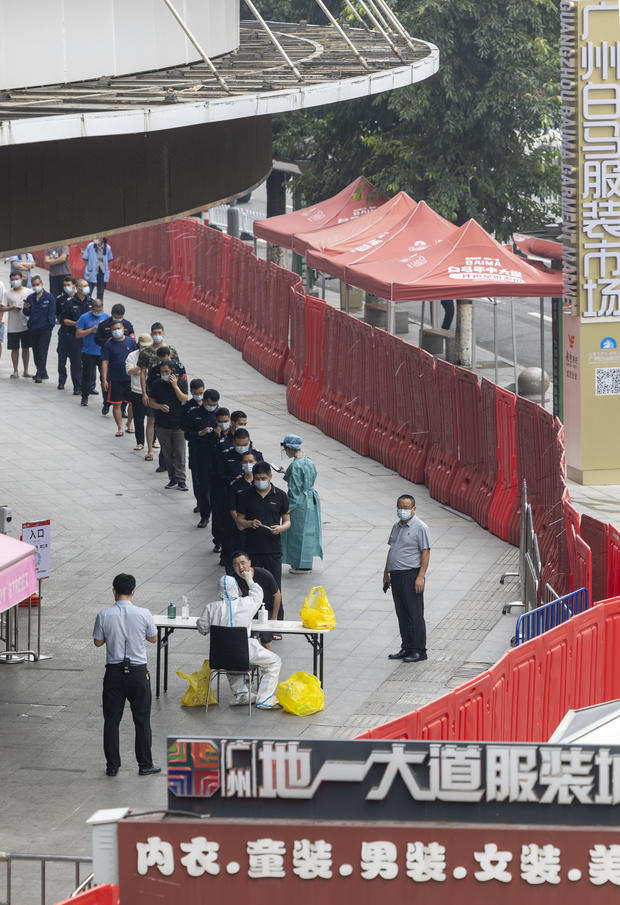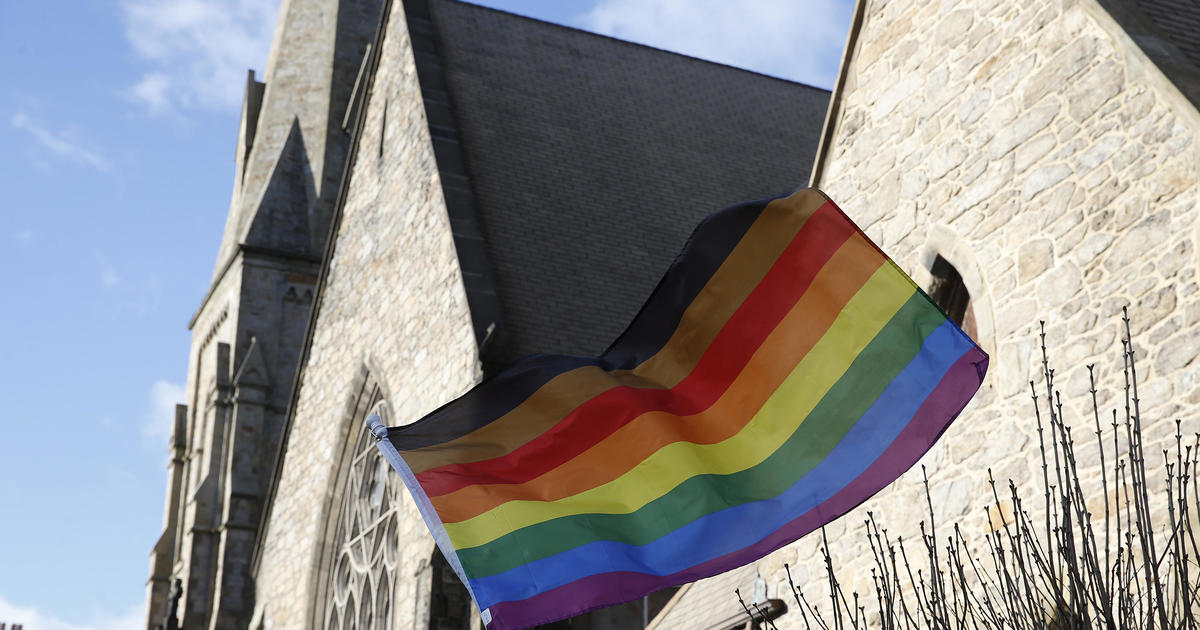China eases, slightly, its draconian "zero-COVID" restrictions
Beijing — One day after President Xi Jinping chaired a meeting of China's ruling Communist Party leaders on the country's anti-coronavirus policies, and despite rising cases, the government announced a new 20-point plan on Friday that eased, slightly, its strict "zero-COVID" measures. The announcement came after months of speculation among Chinese residents and international travelers about how far Beijing might go to relax its restrictions, which have virtually closed the country's borders for years.
In short, China is still far from open for business as usual.
Describing the pandemic as still "severe," the Chinese government's new plan fell well short of any fantasies that Beijing might completely lift the restrictions that are now almost exclusive to the country. While most of the world has reopened to travel and countries have allowed travel across their borders, Chinese residents' daily lives remain disrupted, foreign visitors must quarantine for days, and economic activity is still mired by recurring lockdowns and closures.
It wasn't clear when the new policy would fully take effect, but under it, international travelers arriving in mainland China will only need to spend five days in centralized quarantine, sometimes in a hotel, sometimes in less-well-equipped isolation camps. Under the rules in place for months, foreign visitors have been required to spend seven days in quarantine.
Once that centralized quarantine is completed, travelers will still be required to spend three days of confinement at their home, or for non-residents, at a facility designated by the government.
There was no relaxation of the rules for non-residents and or pleasure seekers, however. So, if you were hoping to come and see the Forbidden City, don't get your hopes up. Tourist visas still aren't being issued.
The same shortened quarantine time also applies to people identified as coming into close contact with known positive COVID cases. Health authorities will also stop hunting down or identifying secondary contacts, or contacts of contacts, which will likely significantly reduce the number of residents forced into isolation under the long-standing rules.
The incremental easing of the regulations was clearly aimed at luring foreign business back to China, with penalties on international airlines for bringing confirmed COVID-19 cases into the country also being scrapped.
But a foreign ministry spokesperson, speaking at a regular briefing on Friday, downplayed the relaxation and highlighted the "severe" nature of ongoing outbreaks.
Cases rising
Easing the measures was clear indicator of the financial pressure Beijing's own policies have brought to bear on the country economically, especially as cases are back on the uptick.
The number of confirmed COVID cases in Beijing hit its highest level in more than a year this week, while the nationwide total exceeded 10,000 for the first time since April.
Many public venues in Beijing's central Chaoyang district, the epicenter of the capital's current outbreak, have started requiring a negative PCR test result from within the past 24 hours for entry, instead of the usual 72 hours. Although there has been no official citywide order announced, many parks, shopping centers and schools have been closed.
In the southwestern megacity of Chongqing, cases hit a new high of 783 on Thursday. Public transportation was locked down in some areas of the metropolis.
The southeastern city of Guangzhou has seen the most cases recently. Its Haizhu district had already been under lockdown for a week, and that local lockdown was extended on Friday at least through the weekend.
Given that the existing measures have failed to quash the city's outbreak, many worry that all of Guangzhou — which has a population of more than 15 million — could be placed under a citywide lockdown like the one Shanghai residents endured in the spring.





